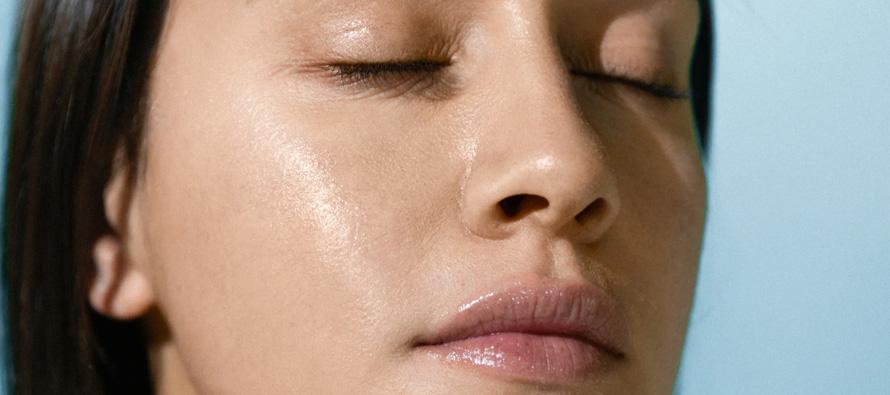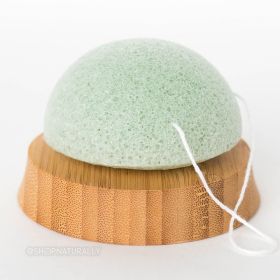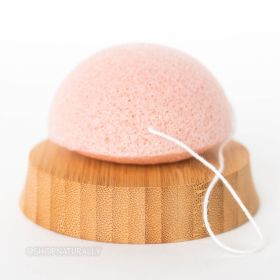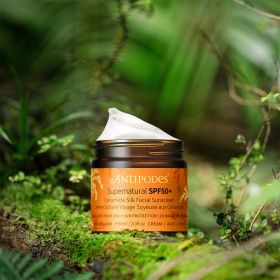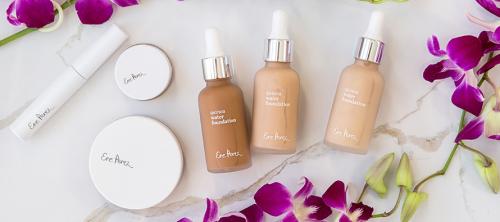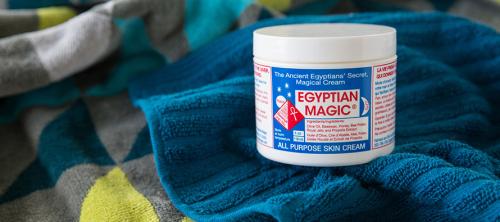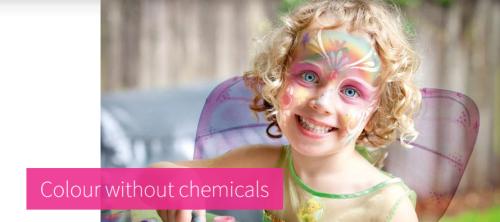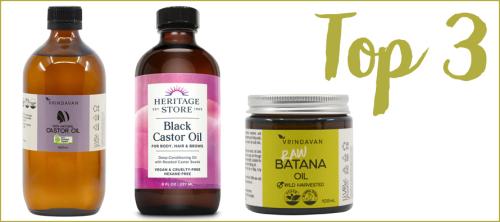Does zinc dry out skin when using face sunscreen?
Zinc oxide is the active ingredient in most mineral sunscreen formulas in Australia, but is it good for your face? Does zinc dry out skin?
The fact is, there's a reason why zinc oxide is used in virtually every natural sunscreen listed with the TGA in Australia, it's one of the best UVA & UVB blocking ingredients available. A zinc sunscreen will reflect the suns rays, while a chemical based sunscreen will absorb them, and as a result, it will rub in to your skin better. But, it can dry out your skin.
Why does zinc dry out skin?
Zinc is an astringent. It helps to shrink your pores and absorb excess oil. For someone with oily skin, you may find using zinc sunscreen on your face is helpful, or at the very least, not a problem. For those with dry skin, you want the natural oils in your skin to remain, so you need to be careful about which mineral sunscreens you use on your face, how you prepare you skin, how you remove the sunscreen at the end of the day and how you replenish natural oils in your skin.
Choose a sunscreen formulated for the face
If you have dry skin and you want to use natural sunscreen on your face, our advice is simple - choose a zinc sunscreen made by a natural skin care brand. They pay more attention to the 'skin care' aspect of their product. If they have an SPP30 or SPF50 rating, they still had to go through all the same tests that the sunscreen brands did, so you're not missing out on protection.
We are loving the newly released Antipodes Supernatural SPF50+ Ceramide Silk Sunscreen because it's an anti-ageing and skin brightening skin care formula with SPF protection added. The face in the photograph at the top of this blog post is wearing it. The diagram below shows you how beneficial the ceramide is in the formula.
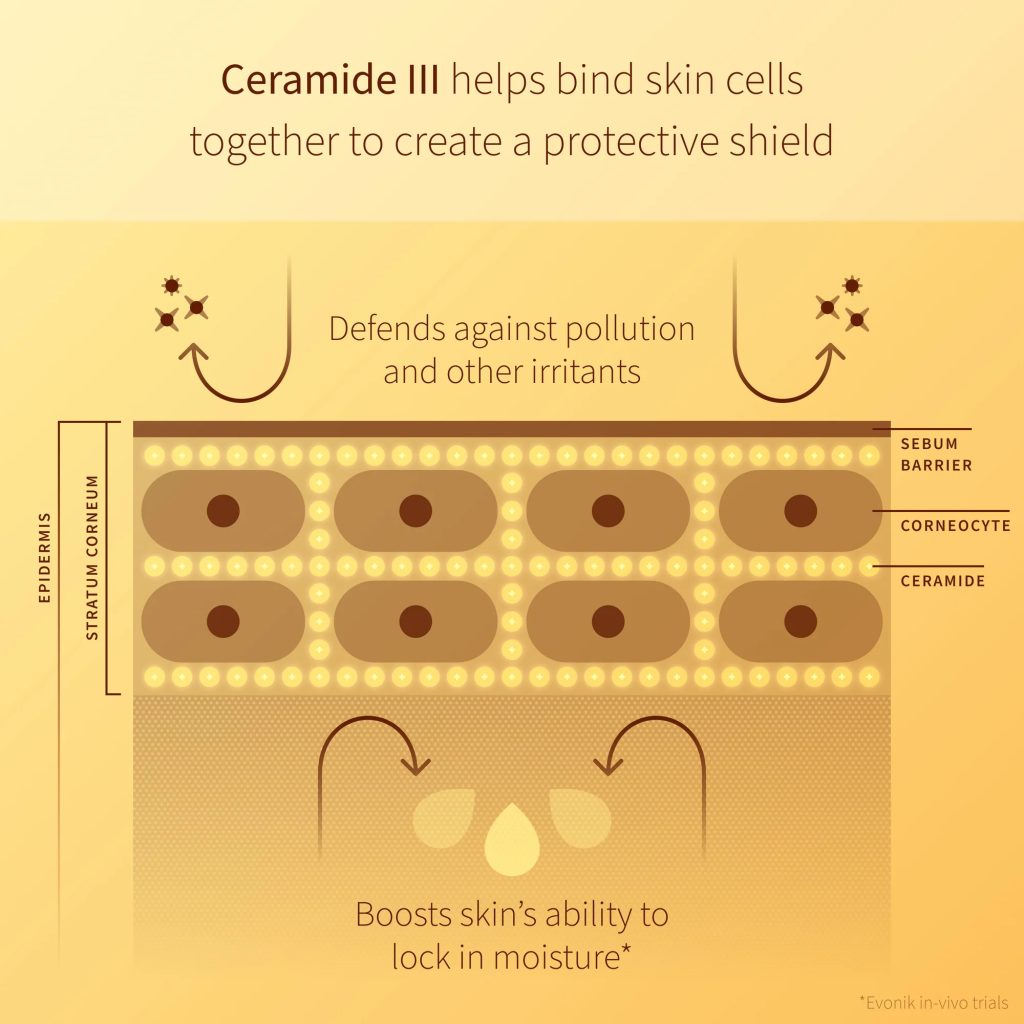
Nourish your face before applying sunscreen
For days where you need ultimate protection and a lower level of zinc from an SPF15 just won't cut it, leave yourself some time to prep your skin beforehand. Nourish your skin with a pure oil before you apply your sunscreen. Allow as much time as you can for it to really sink in before you apply. Visit our natural and organic serums and oils for your prime pick of the best in Australia. Jojoba oil is the pure oil that's closest your skins natural sebum.
Cleansing your skin properly after wearing sunscreen
It's best to ensure you remove all of the sunscreen, but in a way that you're not stripping your skin any more than you need to. When giving advice about removing sunscreen from your body, we usually recommend those fabric gloves that self tan brands sell to get you to exfoliate before adding their products. That's much too harsh for your face though. We recommend you use a facial cleanser designed for your skin type as a part of a double cleansing routine to really clean your skin of all traces of zinc. You can also use a konjac sponge as a milder option, washing it well after use.
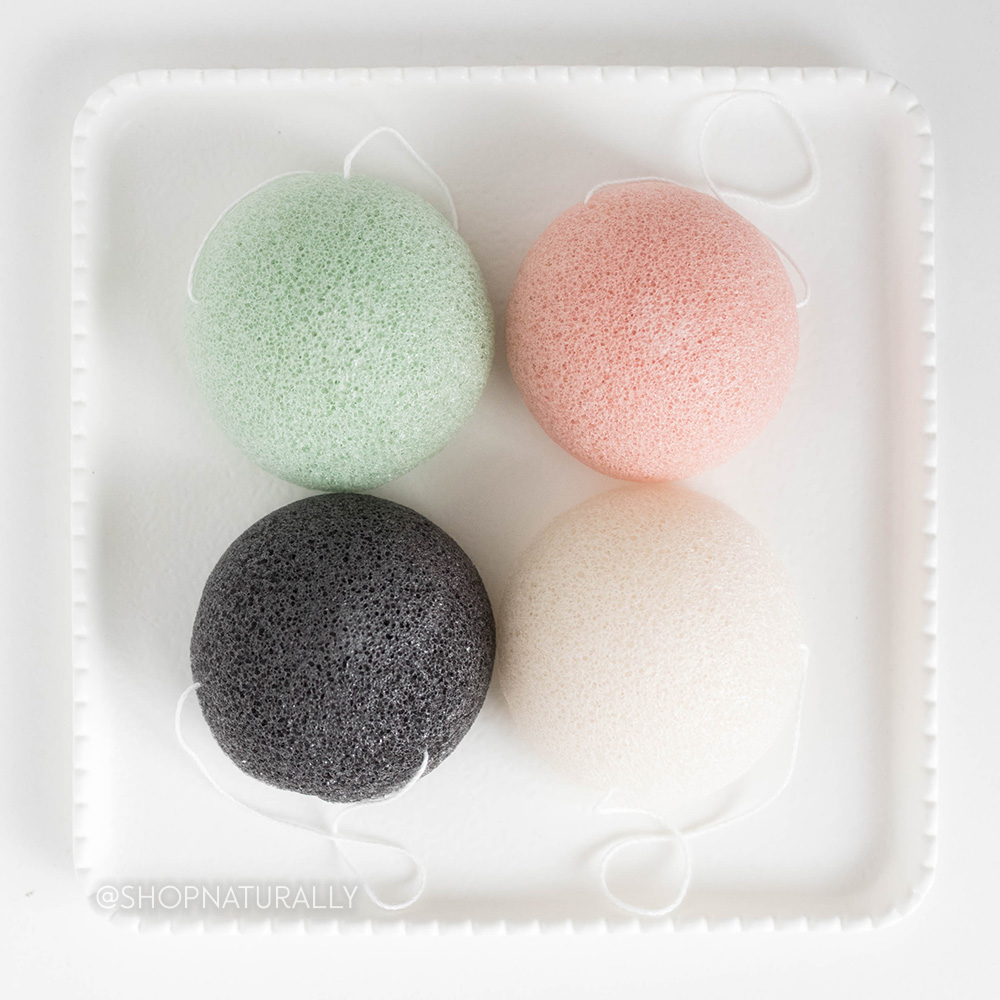
Replenishing dry skin after removing sunscreen
If you have dry skin, applying moisturiser after you cleanse isn't enough. Your skin is going to be more dry than normal. We recommend you use a facial serum followed by a night cream as a 2 layer treatment to replenish your skin.
The higher the SPF rating, the more zinc, the more prone to drying
Different brands use different percentages of zinc oxide in their formulas while still obtaining their AUST L numbers through the TGA. Little Urchin Sunscreen uses 22.75% in both their SPF30 and SPF50 according to their website. Avocado Zinc use 19.5% in their SPF30 and 22.75% in their SPF50. Surfmud use 25% zinc oxide in their SPF30 and 22.7% in their SPF50 which we find particularly interesting.
With some slightly surprising numbers here, the bottom line is, do your research if you have dry skin and pick something with a lower zinc oxide content.
